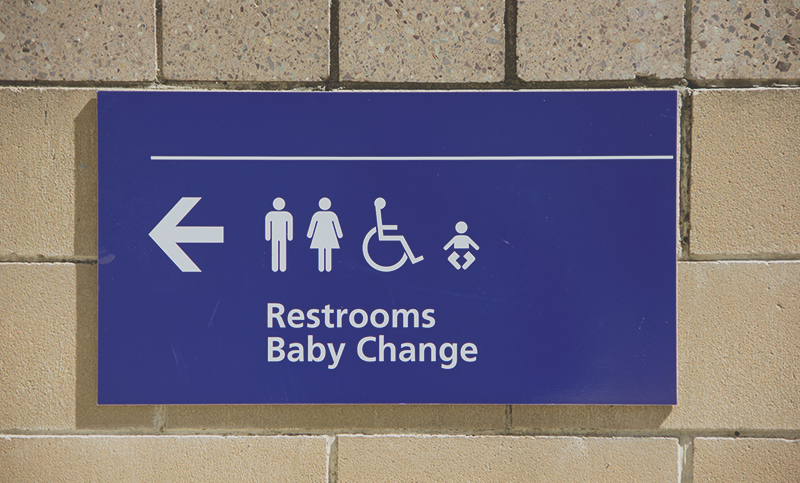
How many times a day do you pee? It’s probably not something you count, but it might come in handy to take notice if you find yourself visiting the bathroom a little more often than usual. People have different bodies and lifestyles, there’s no question about that, and there are many factors that come into play that may contribute to someone having to pee a little more regularly.
On average, a person who drinks around 2 litres of fluids a day will have to urinate seven times in 24 hours, however, there are many different factors that can affect how often you have to pee.
What Factors Affect How Much You Pee?
Some of the main factors that determine the frequency of urination include:
• A person’s age
• A person’s physical makeup, including bladder size
• Intake of fluids
• Types of fluids consumed, including caffeine and alcohol and other diuretics
• Medications, such as those for blood pressure, as well as supplement intake
• Presence of conditions that may affect the bladder and urinary tract such as diabetes and UTIs
When Should I be Concerned?
Periods frequent urination can come and go, particularly if a person consumes a lot of liquids or high amounts of caffeine, however, if the condition persists and is coupled with other symptoms, there may be an underlying condition. Here are some other symptoms to look out for:
• A constant urge to pee, and/or having to get up frequently in the middle of the night
• Lower back pain
• Bad or strong smelling urine
• Pain or difficulty urinating
• Fever
• Leaking between trips to the toilet
What Does it Mean if I am Peeing Too Much?
If you find yourself urinating frequently, and it is combined with one or more of the above symptoms, then it might be indicative of a more serious condition such as:
• Overactive Bladder – A secondary condition that can be a symptom of infection, obesity or hormonal damage, however, it is usually easily treatable.
• Urinary Tract Infection – A condition that is often characterised by frequent urination accompanied by a burning sensation.
• Interstitial cystitis – A long term condition linked to bladder inflammation with similar symptoms as bladder inflammation.
• Hypocalcemia – A condition caused by high or low levels of calcium which subsequently affects kidney function.
• Sickle cell anemia – A form of anemia that can affect the kidneys and urine concentration
• Enlarged prostate – Prostate problems can block the flow of urine
• Pelvic floor weakness – Weakness in this region can mean a person has to urinate more frequently.
If you believe you may be suffering from any of these conditions you shouldn’t hesitate to call a medical professional.
Dr Arianayagam has been practising urology in Sydney since 2011 and has developed the reputation of being a skilled laparoscopic and robotic surgeon, and an excellent teacher.
While he is primarily a urological cancer surgeon, Dr Arianayagam also sees patients with more general urological problems and routinely performs cystoscopy to diagnose and treat a number of issues.
If you have any questions, or would like to book an appointment, please feel free to contact or call Dr Arianayagam’s office on 1300 307 990 and his staff will be able to assist.

